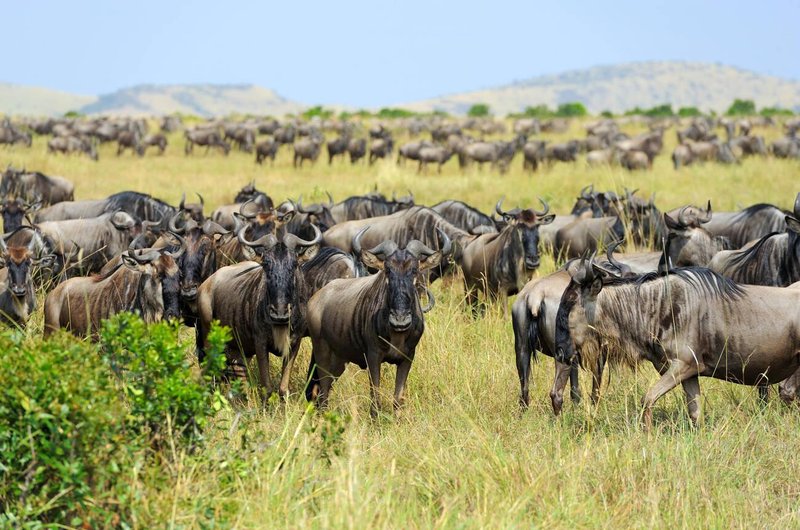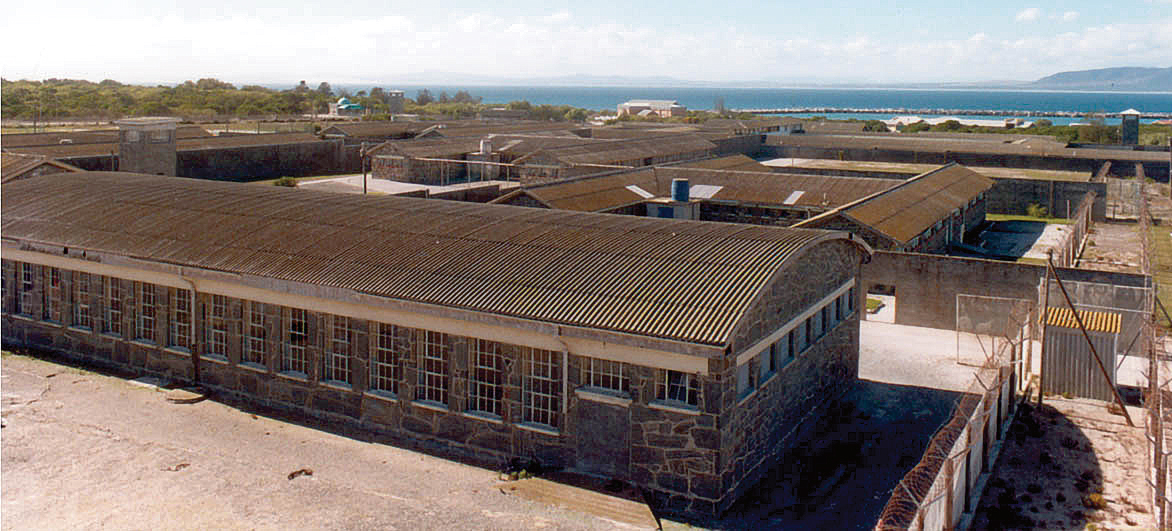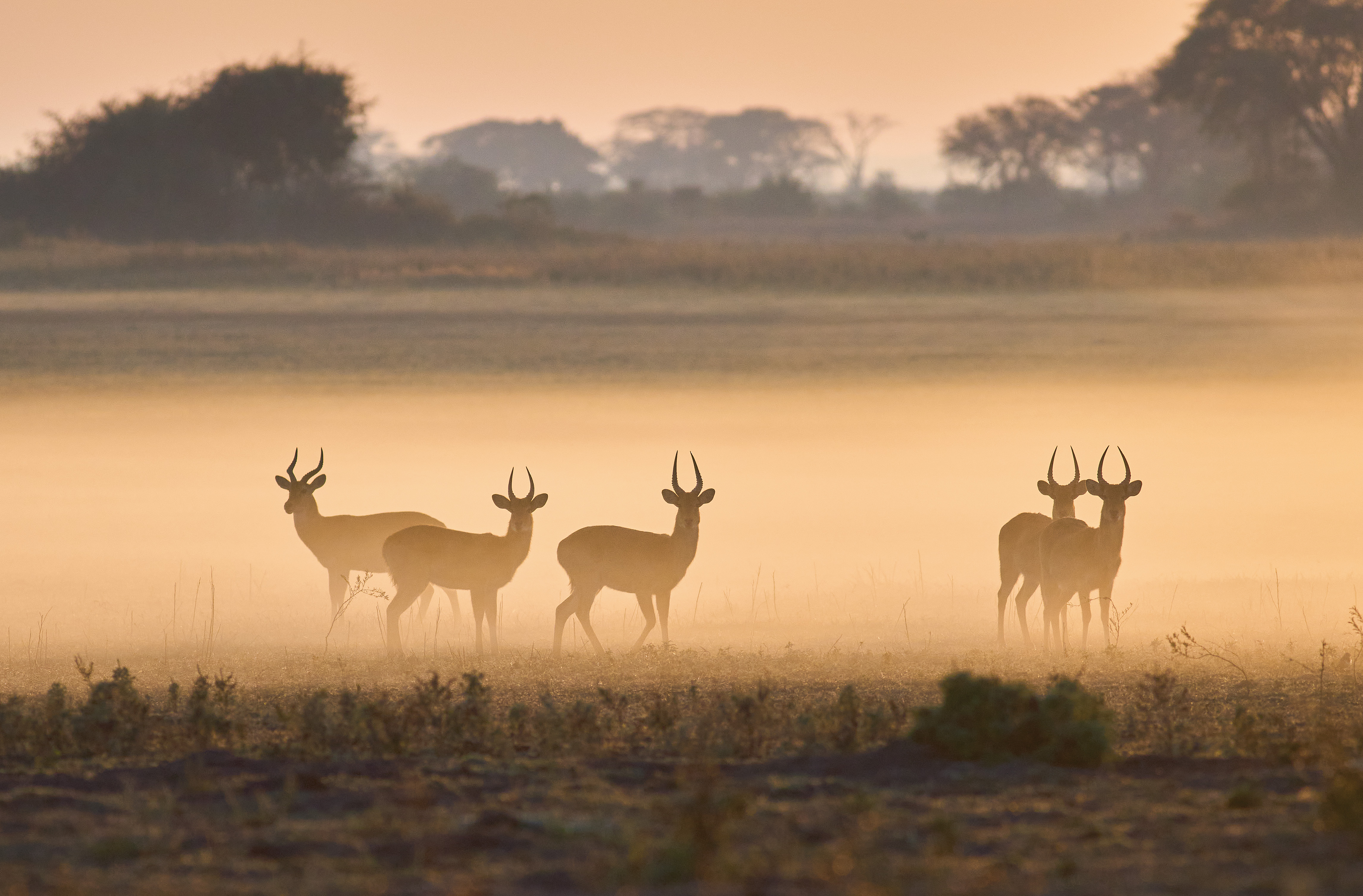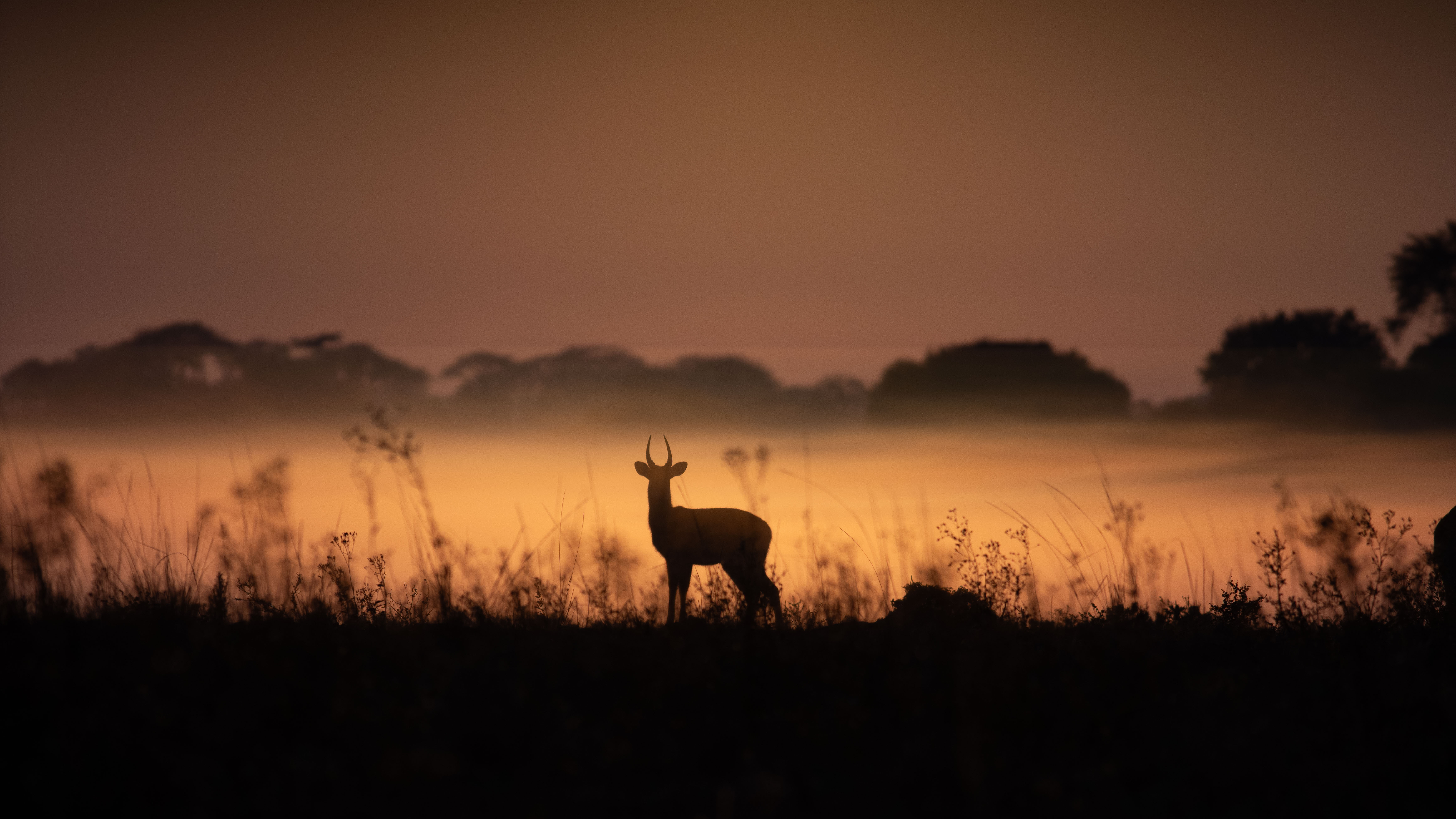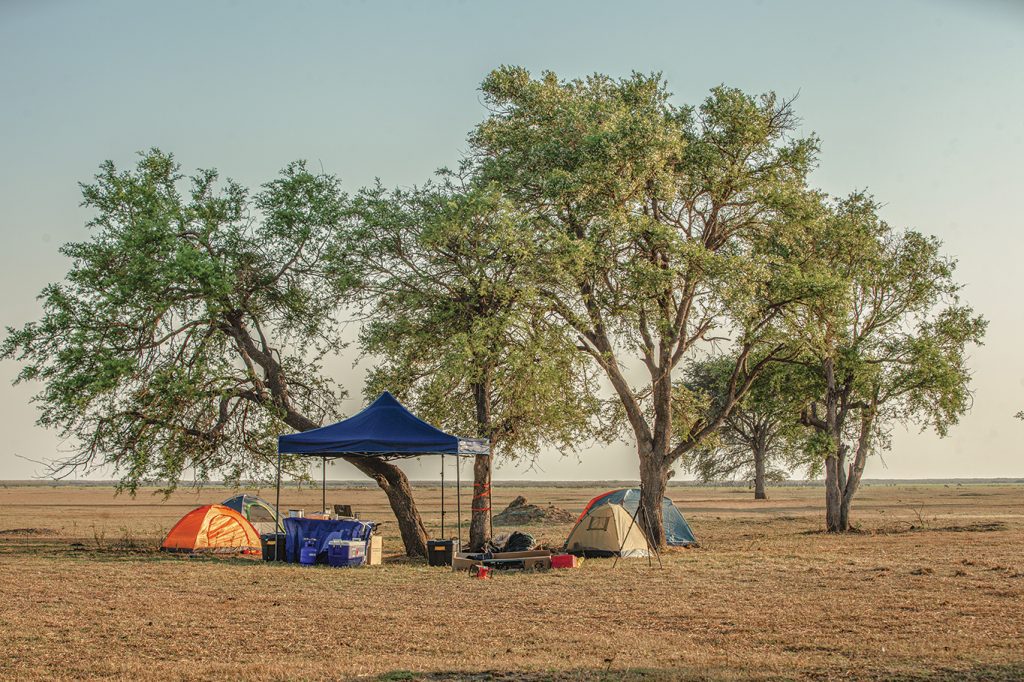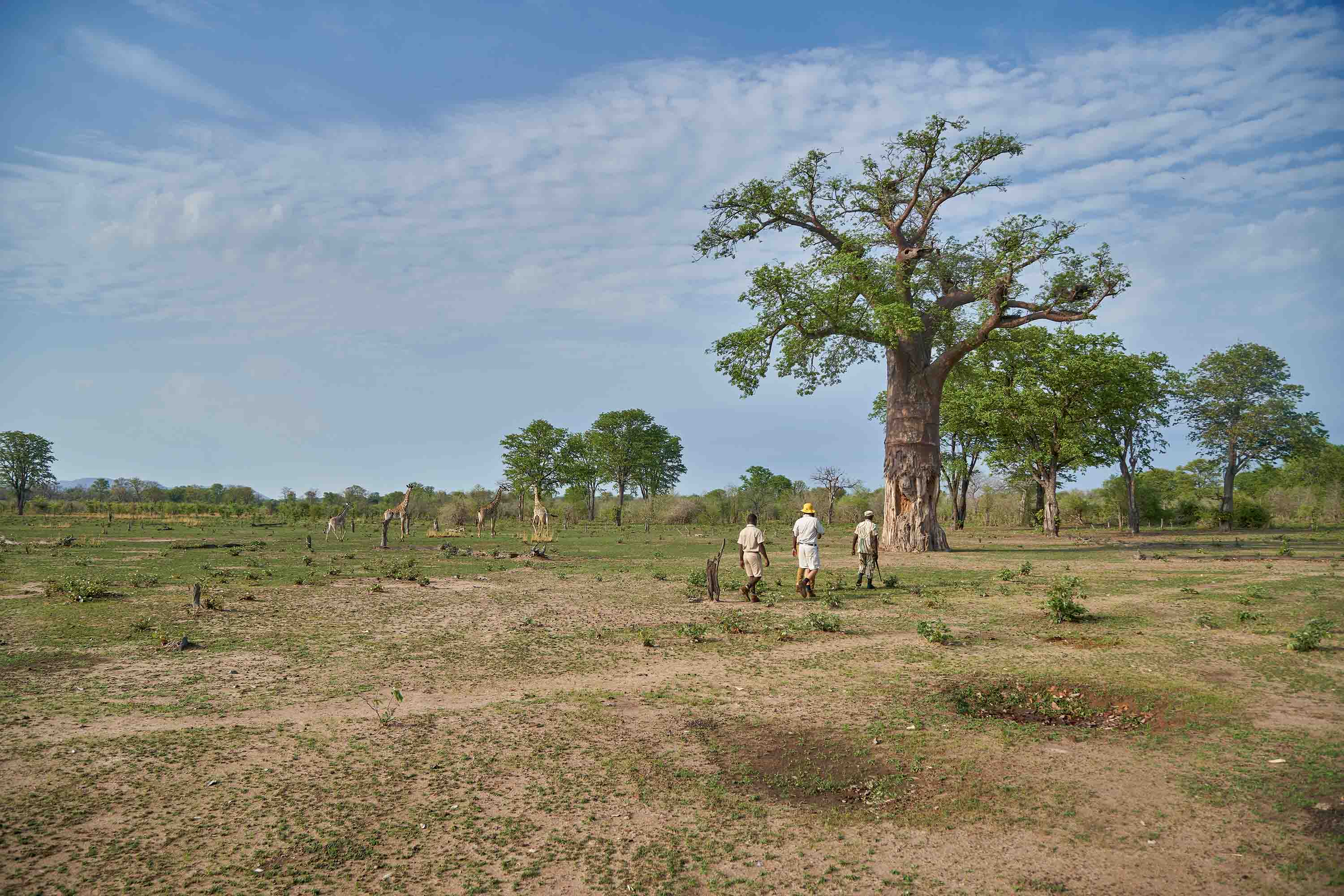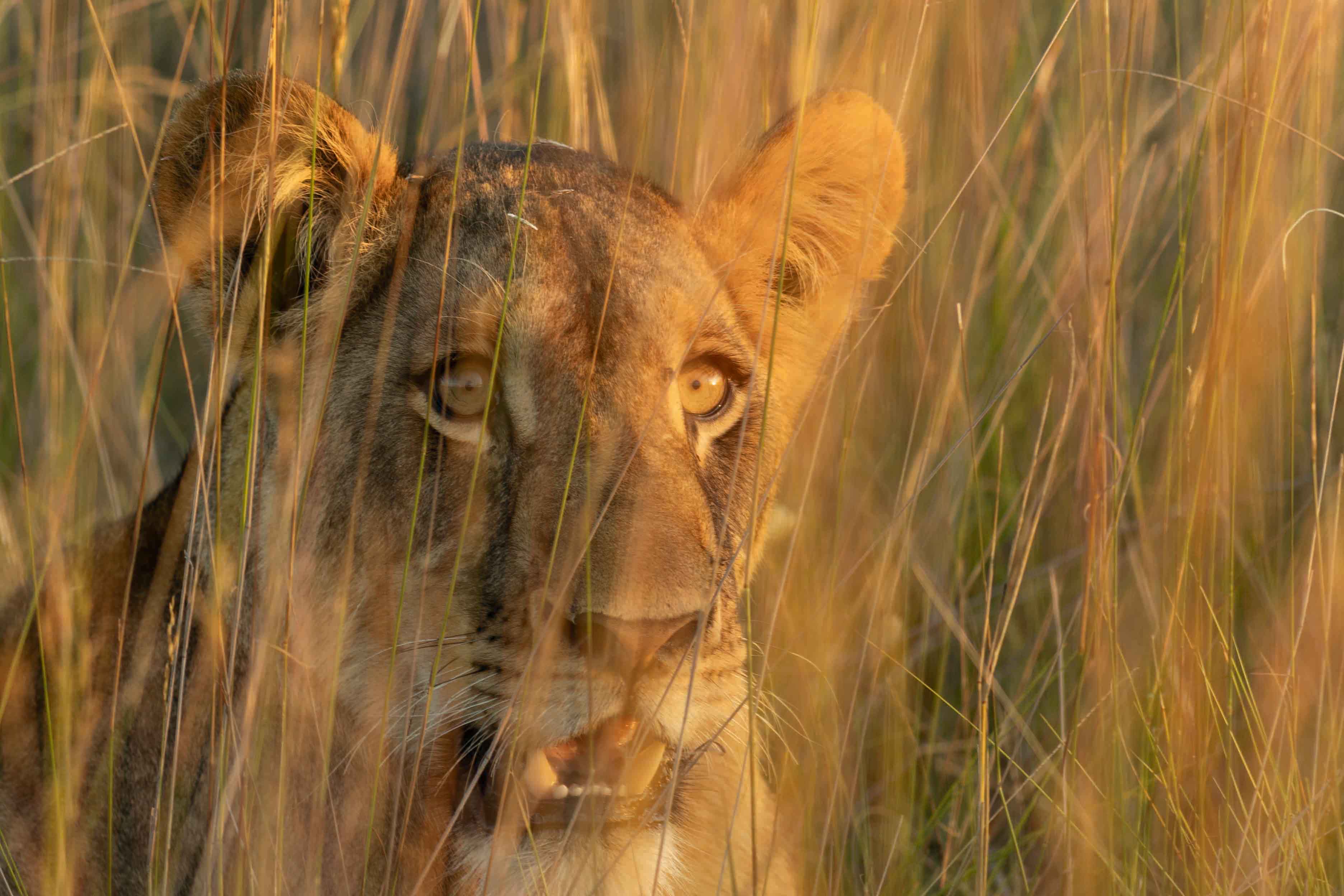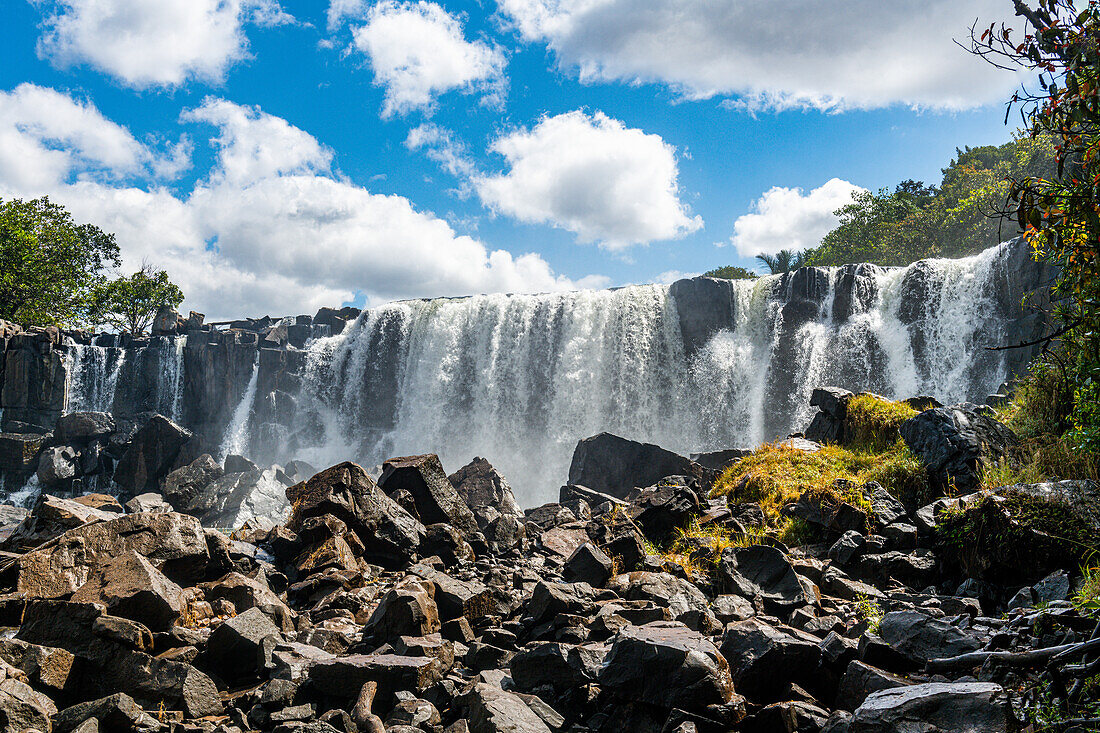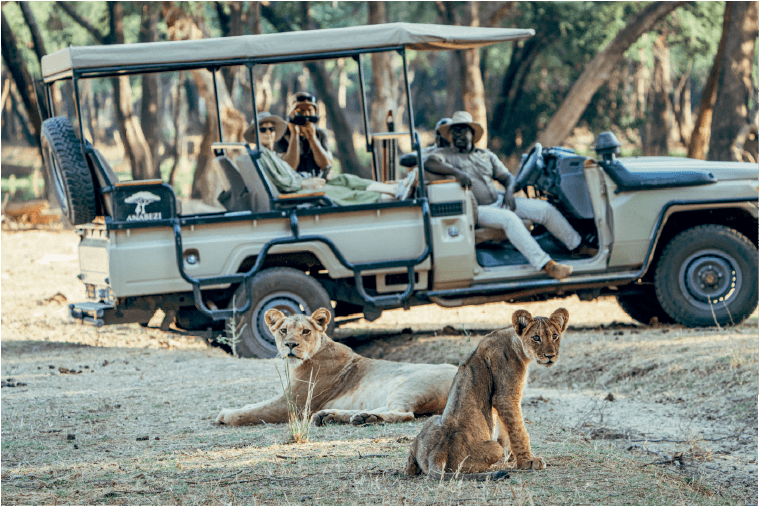Embarking on a safari is a once-in-a-lifetime experience for many, offering a chance to connect with nature, witness incredible wildlife, and immerse yourself in the beauty of Africa. However, planning a safari requires thoughtful preparation to ensure it becomes the adventure of your dreams. Here are some tips to guide you through the process:

Define Your Safari Goals
Before diving into logistics, think about what you want to experience:
- Do you want to focus on seeing the Big Five (lion, leopard, elephant, rhino, buffalo)?
- Are you interested in birdwatching or unique wildlife like wild dogs?
- Do you prefer a luxurious lodgeor a more rustic, adventurous experience? Knowing your priorities will help narrow down your options.

Choose the Right Destination
Africa is vast, and each country offers a unique safari experience. Research destinations based on your goals:
- Zambia: Known for walking safaris, the South Luangwa National Park, and the Lower Zambezi's stunning river-based experiences.
- Kenya and Tanzania: Famous for the Great Migration and classic savanna landscapes.
- Botswana: Renowned for its pristine wilderness and water-based safaris in the Okavango Delta.
- South Africa: Offers accessible safaris and malaria-free reserves like Madikwe.
Select the Best Time to Travel
Wildlife viewing varies with the seasons:
- The dry season (typically May to October in Southern Africa) is best for game viewing as animals gather around waterholes.
- The emerald season (rainy season) offers lush landscapes, fewer crowds, and lower rates at lodges that stay open. Be prepared for occasional rain and a different experience.
- For the Great Migration, plan around the herds' movements (e.g., July to October for river crossings in Kenya).
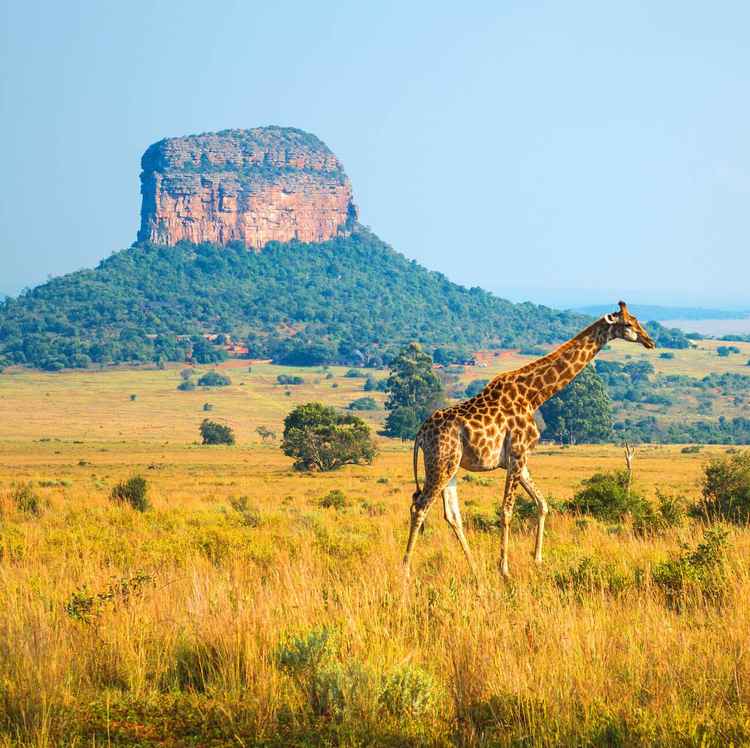
Set a Realistic Budget
Safaris can range from budget-friendly to ultra-luxurious. Include these in your budget:
- Accommodation costs (from campsites to high-end lodges).
- Park fees, which vary by country and park.
- Flights (both international and local).
- Guided activities and tipping.
Book Early
Popular destinations and lodges fill up quickly, especially during peak seasons. Booking early ensures better availability and pricing.
Work with a Safari Specialist
If planning feels overwhelming, enlist the help of a safari tour operator. They can:
- Tailor itineraries to your interests.
- Arrange all logistics, including transfers and permits.
- Provide insider knowledge on hidden gems and must-see locations.
Prepare the Necessary Documents
Ensure you have:
- A valid passport with at least six months of validity.
- Required visas for your chosen destinations.
- Proof of vaccinations or health precautions (e.g., yellow fever certificate if required).
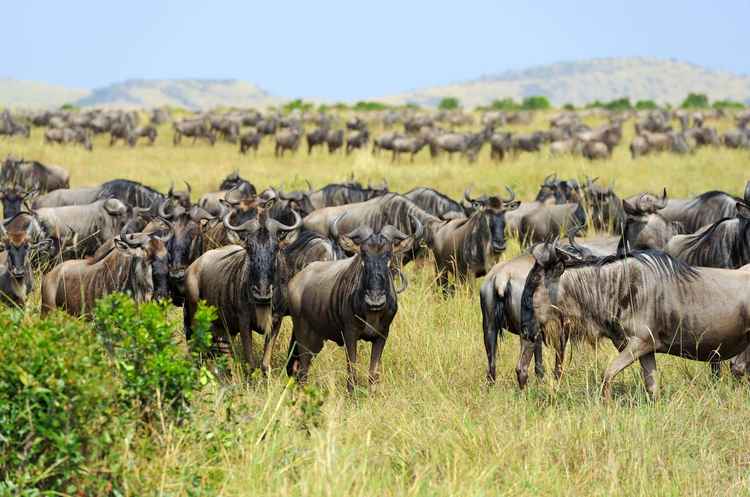
Pack Wisely
Pack light but smart:
- Neutral-colored clothing for game drives.
- A good pair of binoculars and a camera.
- Sunscreen, a hat, and insect repellent.
- Layers for cooler mornings and evenings.
Consider Travel Insurance
Safaris often involve remote locations and adventurous activities. Comprehensive travel insurance can cover cancellations, medical emergencies, and evacuation if needed.
Plan for the Unexpected
Safari travel is unpredictable. Be open to surprises and embrace the adventure, whether it’s an unplanned animal sighting or a sudden rainstorm.
With careful planning and the right mindset, your dream safari can become a reality. From the moment you step into the wild, you’ll understand why a safari is more than just a vacation—it’s a life-changing experience.
